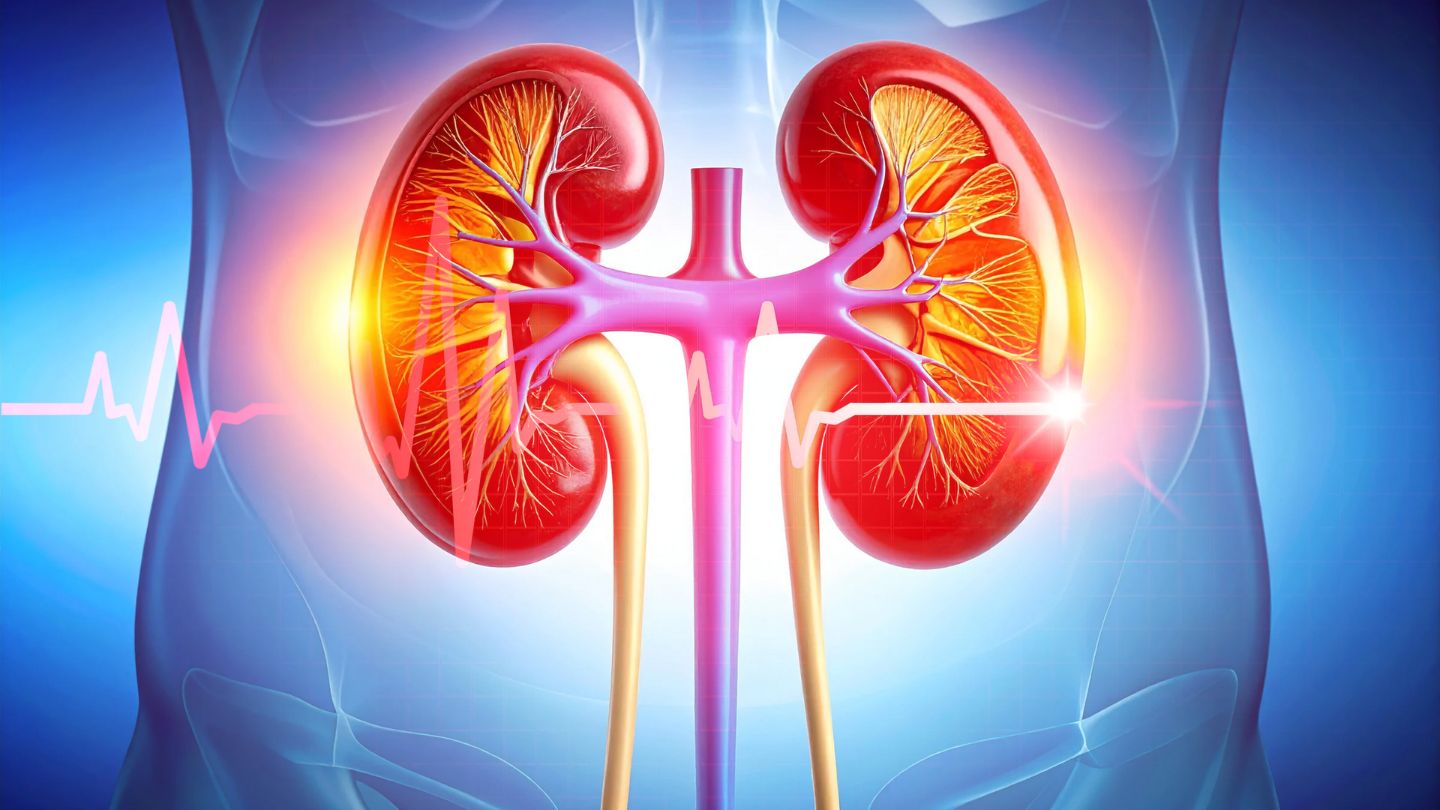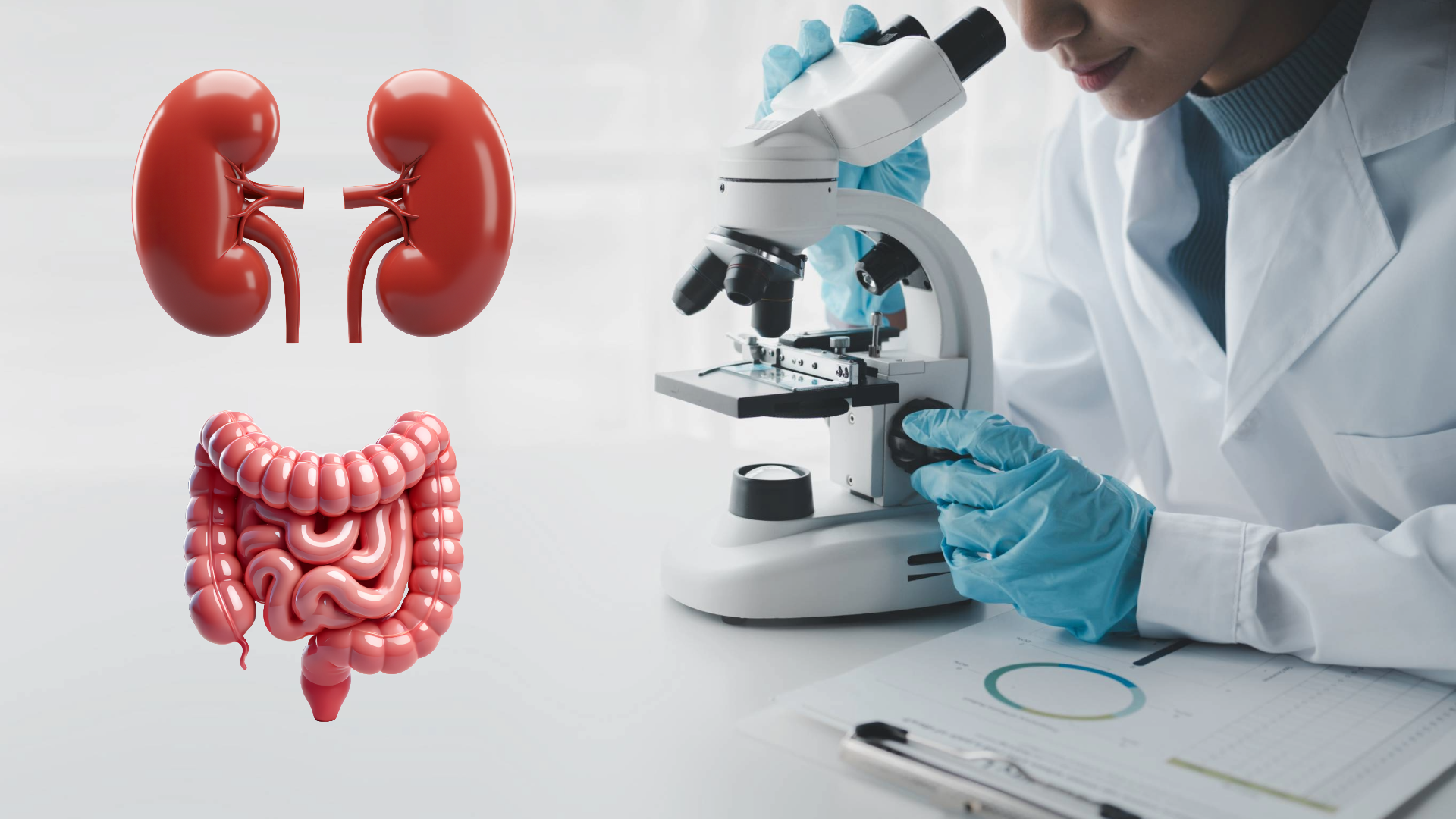Once a kidney stone has formed and is causing symptoms, the situation is usually best managed by a urologist, who can address any obstruction to urine flow as well as the procedural aspects of stone removal. The role of a nephrologist in the management of kidney stones, also referred to as nephrolithiasis, is in treating patients with recurrent stones. Specifically, a nephrologist diagnoses and treats any abnormalities in the biochemical milieu of the urine which may be contributing to the formation of kidney stones.
Different Types of Kidney Stones
The three most common kidney stone types are calcium oxalate (~70%), calcium phosphate (~15%), and uric acid (~10%), with all other types making up the rest. Keep in mind that stone type can only be determined once a stone is retrieved and saved for analysis. Another confounding factor is that some stones can be mixed in composition. In these cases, multiple stones may need to be retrieved and analyzed for a clearer picture. In many cases, stone retrieval proves to be difficult and treatment is initiated based on urine chemistries, with the stone type remaining unknown for the time being.
Methods for Preventing Recurring Kidney Stones
For some stone types, there are lifestyle and dietary modifications that have been shown to decrease the risk of recurrence. These modifications do not increase stone formation risk for any stone type and are therefore recommended for all stone patients.
First on this list would be adequate fluid intake to ensure a daily urine volume of at least 2 liters. All stones are formed as their substrates gradually precipitate and crystallize in the urine. As the concentration of stone substrate increases , so does the tenancy for the substrate to precipitate and crystallize, forming stones. By increasing urine volume, the concentration of all stone substrates is diluted. This principle should hold true for all stone types, but the evidence is most compelling for calcium-based stones.
Restricting sodium intake to two grams daily is recommended for all kidney stone patients. Again here, the evidence here is most compelling for calcium-based stone types. However, urinary sodium excretion decreases urinary citrate, which would tend to increase the risk of stone recurrence for all stone types. Increased urinary sodium excretion also increases urinary calcium excretion, which is felt to play a causative role in stone formation.
Finally, avoiding excessive non-dairy animal protein intake is recommended for all kidney stone patients. Supporting data here is from population based studies only, along with some basic science. Non-dairy animal protein consumption decreases urinary citrate excretion which should increase recurrence risk for all stone types. Non-dairy animal protein increases urinary calcium excretion which may increase the risk of calcium-based stone formation. Non-dairy animal protein tends to be high in purines, which are the metabolic precursors for uric acid, suggesting that higher consumption could increase urinary uric acid excretion and uric acid stone formation.
How Nephrologists Treat Recurring Kidney Stones
As mentioned earlier, the first step in treating kidney stones is stone retrieval and analysis. In some cases, patients may need to strain their urine for prolonged periods to retrieve a stone fit for analysis. Because stones can be mixed, sometimes more than one stone may need to be analyzed. In addition, 24-hour urine chemistries may also assist in stone treatment. These would include tests for creatinine, sodium, pH, citrate, calcium, oxalate, and uric acid.
For all stone types, increasing urinary citrate decreases stone formation. This effect occurs independent of pH even though increasing urinary citrate inevitably raises pH to some degree. With regard to pH, uric acid stones only form in an acidic urinary milieu and are therefore the most responsive stone type to urinary alkalinization (usually with potassium citrate), calcium oxalate stone formation is pH independent, and calcium phosphate stones tend to form in more alkaline urine, typically with a pH above 6.
The therapeutic implications for potassium citrate are as follows: it is invariably a good treatment option for uric acid stones because it raises urine pH and increases urinary citrate. It can be effective in treating calcium oxalate stones because it Increases urinary citrate. With calcium phosphate stones, it’s use is more nuanced, as it is possible that urine pH increases more than urinary citrate, which could possibly increase stone formation in these patients. Low urinary citrate levels would favor the use of potassium citrate in calcium-based stones.
Patients with calcium-based stones and high urinary calcium levels can be treated with thiazide diuretics. In some cases, a potassium-sparing diuretic like amiloride is added to prevent hypokalemia and enhance the effect of the thiazide diuretic. In this setting, adherence to a low sodium diet is needed to get maximal benefit from thiazide diuretics.
In patients with uric acid stones and high urinary uric acid levels, who continue to develop recurrent stones after urine alkalinization with potassium citrate, the xanthine oxidase inhibitor allopurinol may be used to decrease uric acid production and recurrent stone formation.



